@cringeworthy_homebrew
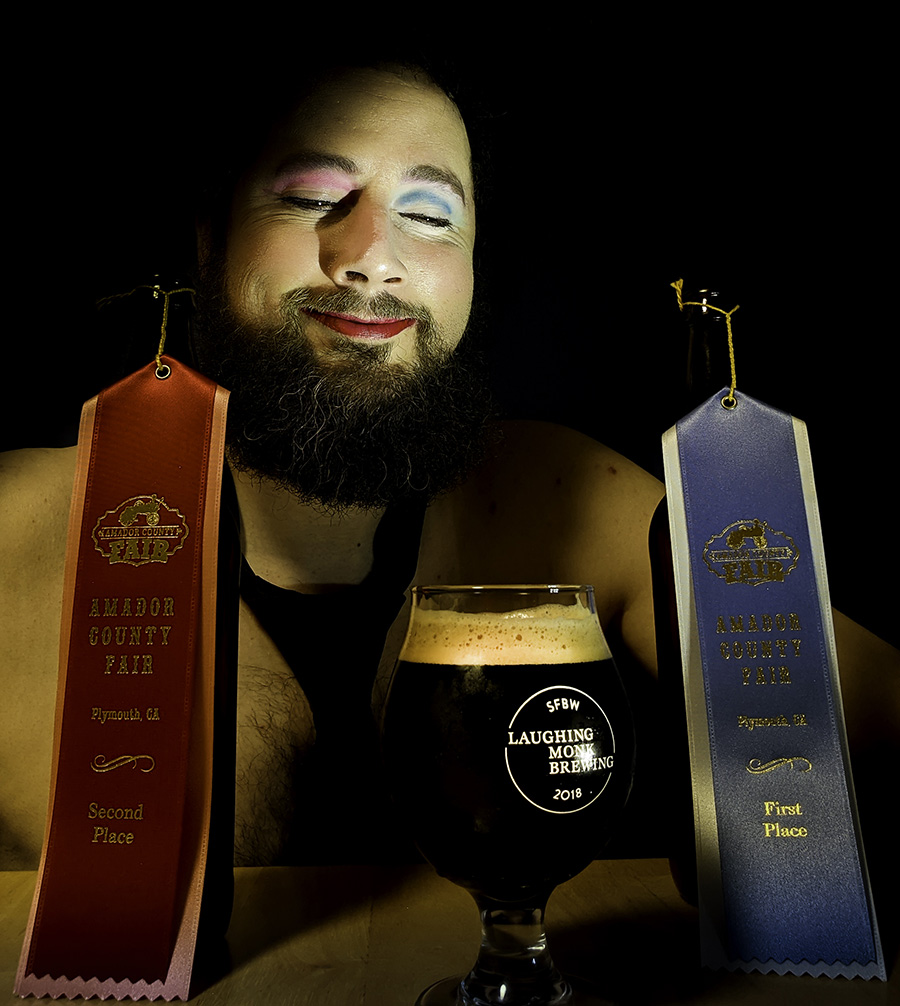
My “best” homebrew, in my opinion, was a Belgian Wit that I brewed last year. Long a big fan of Allagash White and a couple of local interpretations, I finally undertook the challenge myself. I love the flavor complexity that plays so well with the heavy body while staying crushable and hydrating, all at once. It’s the best summertime beer, but it’s also smooth enough to be comforting in the cold months as well.
I knew with this one I had to go “big” or go home. Not big in alcohol, but big in effort. I’ve had lots of very bad commercial interpretations, and I didn’t want that to happen. So I went to the source. I bought a 4 pack of Allagash White from the local grocery and cultured the trub in the bottom up for my yeast pitch. Of course most of that beer I drank for “research purposes”. That effort to go and get the true Allagash strain of yeast is what truly made that beer great in my opinion. Also, fresh orange peel is more important than “bitter” orange peel. I’ve tried again with dried curacao orange peel and it just wasn’t the same. Get an orange from the grocery store and grate the peel off for the boil. It’ll work just fine! And at the local homebrew comp they must have enjoyed it, since it took silver in the Belgian category.
My educational resources include the book Brew Like a Monk by Stan Hieronymus for general “Belgian” mashing and brewing techniques, but really the recipe was me imagining how I wanted it to taste, and choosing the ingredients that would help me accomplish that.
I buy most of my ingredients from MoreBeer.com, but most of the barley malt I use comes from Admiral Maltings in Alameda, CA, and the wheat came from Brewmeister in Folsom, CA.
On culturing yeast, I had to go online to see the methods first. Otherwise just my own creation and what I’ve learned about brewing Belgians in general.
For 12 gallons, packaged:
8 lb Admiral “Gallagher’s Best” Pale floor-malted 2-row malt
6 lb German wheat malt (I couldn’t get Belgian wheat at the time)
2 lb flaked oats (just by Quaker’s rolled oats from the store)
2 lb flaked wheat
1 lb carapils
1 oz Northern brewer hops 60 min.
1 oz Northern brewer hops 15 min.
2 oz Saaz hops dry hopped for 14 days
.5 oz coriander seed (in boil)
.24 oz orange peel (see above, fresh sweet orange peel is better than dried bitter orange peel)
I use a 90-minute mash with a constantly rising temperature starting at 120F and ending at 170F.
Boil 90 minutes, chill, and pitch yeast cultured from Allagash white bottles or cans.
@homebrewheero
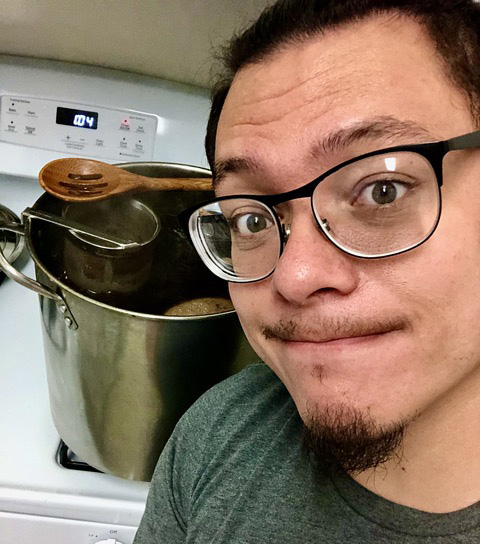
My most successful homebrew recipe came to me courtesy of @weatheredsoulsbrewing. Weathered Souls Brewing was awesome enough to share an imperial oatmeal stout recipe and label template online to involve the homebrewing community in the Black is Beautiful collaboration. In my first batch, I used @whitelabsyeast WLP001 ”California Ale Yeast” and Cascade hops from @hopofthemonthclub! I gave away my bottles to fellow homebrewers, friends, and colleagues to spread awareness of the Black is Beautiful collaboration and the issues of police brutality and inequality POC face in the justice system.
The recipe worked perfectly for me with my simple stovetop brewing setup. The stout was received warmly and had wonderful aromas and flavors of roasted malt, coffee, earthiness, and dark chocolate.
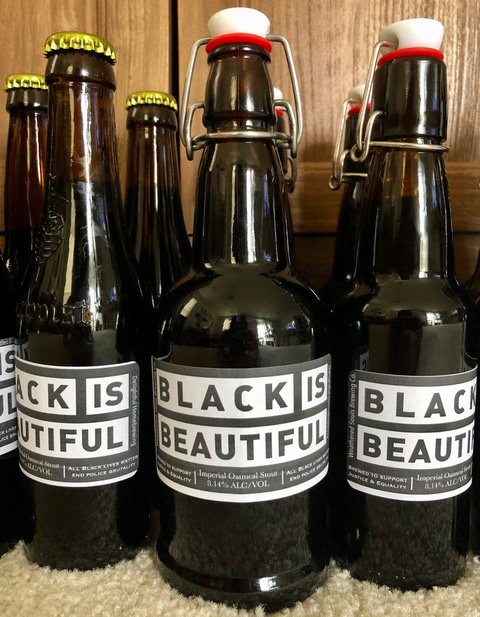
I brew small batches of beer, typically 1.5 to 2.5 gallons, so I ran out of bottles to share quickly and brewed a second batch. In the second batch, I adapted the recipe into a Belgian-style stout using WLP500 “Monastery Ale Yeast”, @yakimachief “Hallertauer Mittelfrueh” hops, substituting in some Belgian base malt, and by replacing the dextrose of the original recipe with D-90 Belgian candi syrup! If you want to check out the Black is Beautiful recipe, visit blackisbeautiful.beer.
@craftedandcuffed
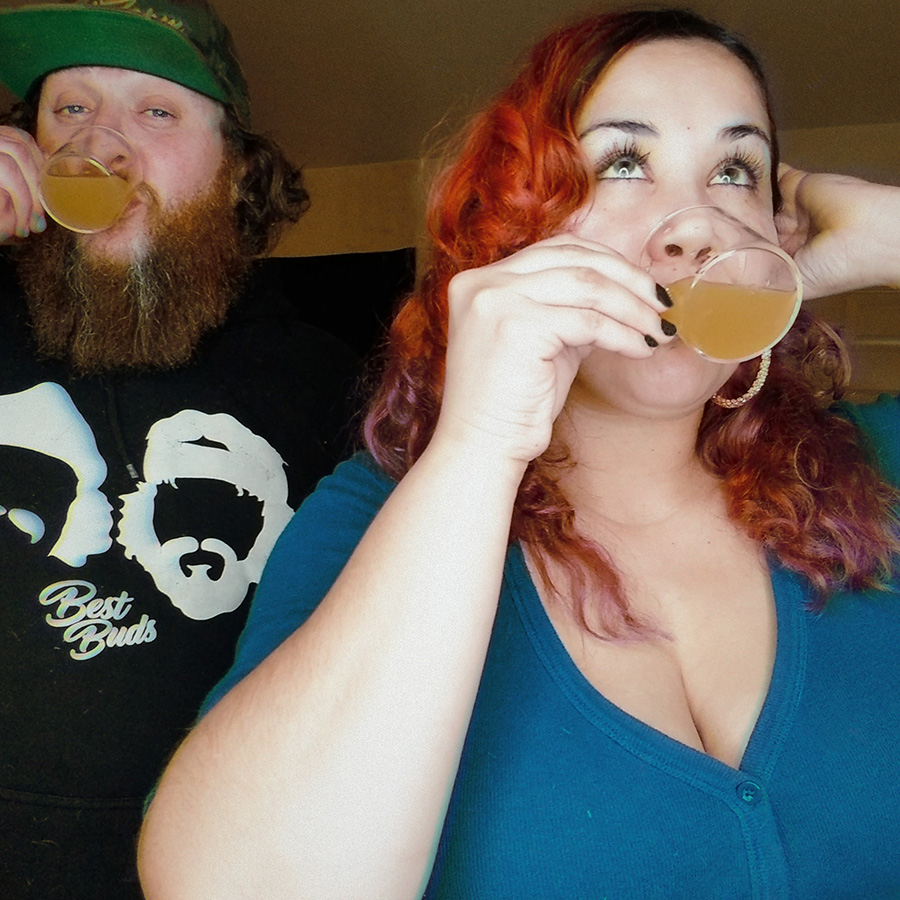
Our most successful Homebrew has to be our current batch of Hard Kombucha that we are days away from bottling and letting our friends try for the first time ever. Our favorite fruit flavors were Tamarindo and our Strawberry & Banana Kombucha using organic sugars and a mix between green and black tea. We are so curious to see how different the flavors set and brighten using strictly organic green tea. With high hopes, we say this because we already fell head over heels in love with just the original flavor alone.
It did however take over a year to perfect a recipe (not to mention the carbonation) but we are still continuing to fine-tune it. There were a few batches that went sour, many that took what seemed like ages to carbonate, and some fruits and combinations were just, let’s face it, gross lol. We’ve used products and resources from locals who brew their own Kombucha. It’s important to taste test along the way, and don’t hesitate to ask questions. We talk with local breweries whenever we are given the opportunity to pick their brains, and always try their in house Kombucha.
We have grown from using straight black tea; to mixing both black and green teas; to now using strictly organic green tea. We recently learned about the Jun Scoby to help with not only the speed of the fermenting process, but it also holds a better flavor profile and aids in yielding a higher ABV.
Keith @beerselfie
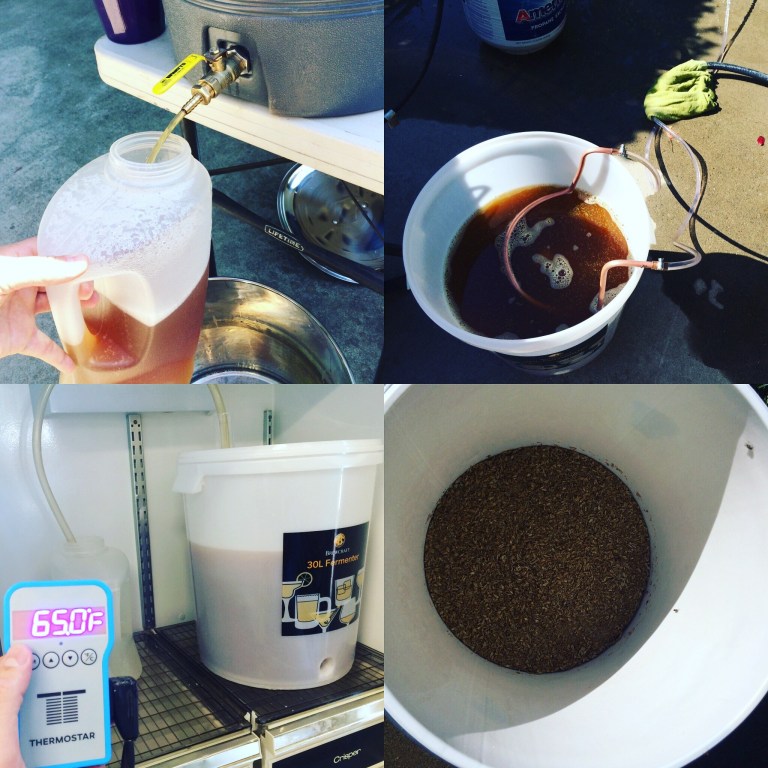
I haven’t actually brewed anything in over a year, so this was from a while ago, but my favorite homebrew was an Apricot Pale Ale. I’ve brewed a couple of good Stouts and some decent IPAs, but the Apricot Pale Ale is the most memorable. I used cascade hops that I grew, and apricots from my back yard.
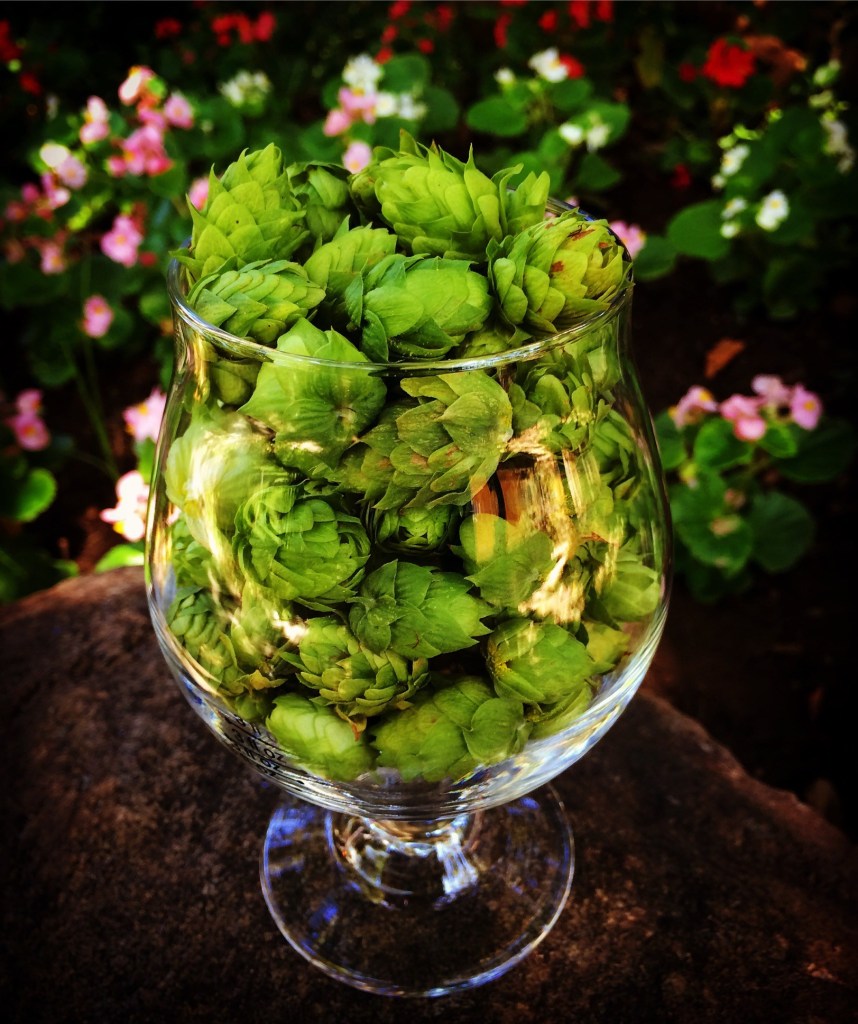
I’d brewed a few versions of this recipe, originally based on the Sierra Nevada Pale Ale clone recipe from the Clone Brews book. The other resource I always go back to is The Complete Joy of Homebrewing. I’ve read a few other homebrew books but it’s the one I end up breaking out on brew day.
I added halved and pitted apricots to primary fermentation. I froze the apricots and poured the hot wort on them to help cool the wort and sterilize the apricots.
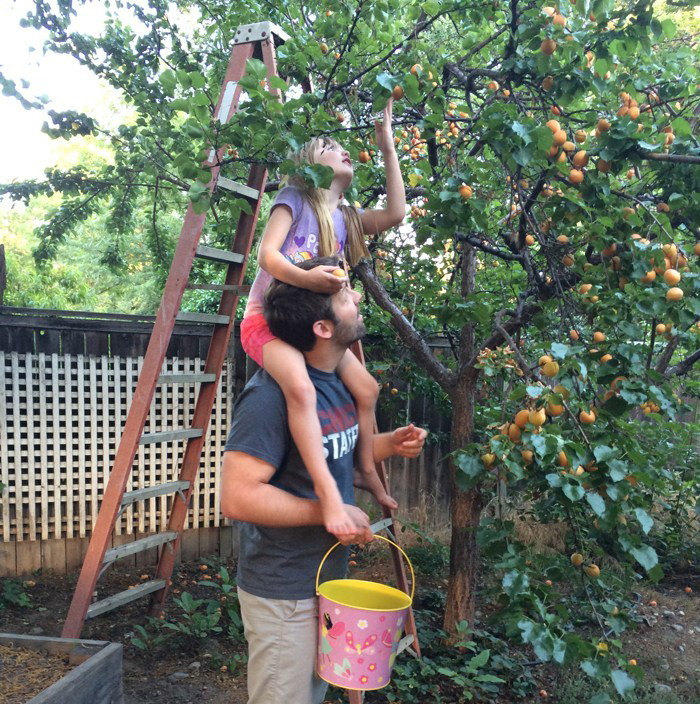
11 lbs. 2-row pale malt
4 oz. 60L crystal malt
4 oz. Victory malt
2 oz. Cascade hops @ 90 minutes
1 tsp. Irish Moss @ 75 minutes
2 oz. Cascade hops at 5 minutes
2 oz. Cascade hops at 0 minutes
4 lbs. halved/pitted apricots at 0 minutes
Wyeast 1056 American Pale Ale yeast
1 oz. Cascade hops dry hop added after 1 week
@brewbroshtx

Project Progress – a collaboration with Secret Beach Inspired Ales & The Pint Exchange.
An inspired collaborative beer series dedicated to supporting local community organizations in the fight against systemic injustices such as racism, discrimination, exclusion, and police brutality.
We donated the proceeds ($855) to Project Row Houses.


You must be logged in to post a comment.